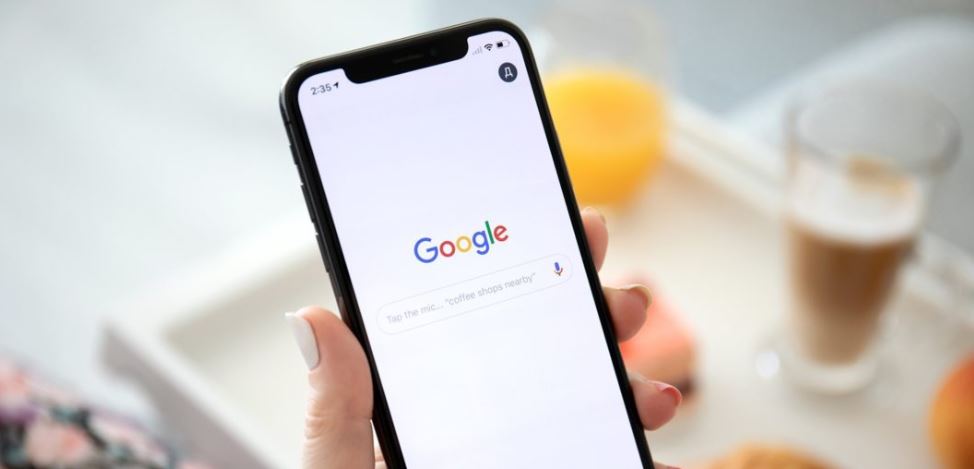Google is Getting Better at Understanding Awkwardly-Phrased User Searches
Google is improving its way of comprehending search queries from customers by launching a new technology. The internet services providing company announced on Friday that it’s going to improve its search result algorithm using an artificial intelligence system that will be better able to understand the awkwardly-phrased search queries by users of the search engine.
The new technology that intends on providing better search results is known as Bidirectional Encoder Representations from Transformers (BERT.) The new technology has been developed by researchers working for more than 10 months at the internet firm’s research labs using natural language processing (NLP) techniques. The company revealed at a recent press event that the new technology will be better at processing search queries by trying to study the relationship between language and context.
The company wrote on its website, “This breakthrough was the result of Google research on transformers: models that process words in relation to all the other words in a sentence, rather than one-by-one in order. BERT models can, therefore, consider the full context of a word by looking at the words that come before and after it—particularly useful for understanding the intent behind search queries.”
The new technology will be more efficient in picking up keywords in search queries that the previous google search results may have neglected due to improper phrasing. The company’s vice president Pandu Nayak explained that without BERT, the search algorithm used to eliminate a number of such words that it considered insignificant. However, with this new technology, each word in a query will be evaluated for the information it possesses. The company, for example, mentioned such a search query: “parking on a hill with no curb.” While earlier search results may have eliminated the word ‘no’ while processing the sentence, the new technology will keep the information that the word possesses in mind.
The researchers working with the new technology provided it with paragraphs where about 10% to 15% of the words were missing. BERT was then programmed to figure out which could be the missing words helping it to self-learn
Jill Abramson is the senior news reporter for All Go News. She covers Technology for All Go News. Prior to working for All Go News, she spent nearly a decade as a senior staff reporter for The Gizmodo. She has a rich experience of 16 years and in her career, she has explored how technology is changing the workplace.


